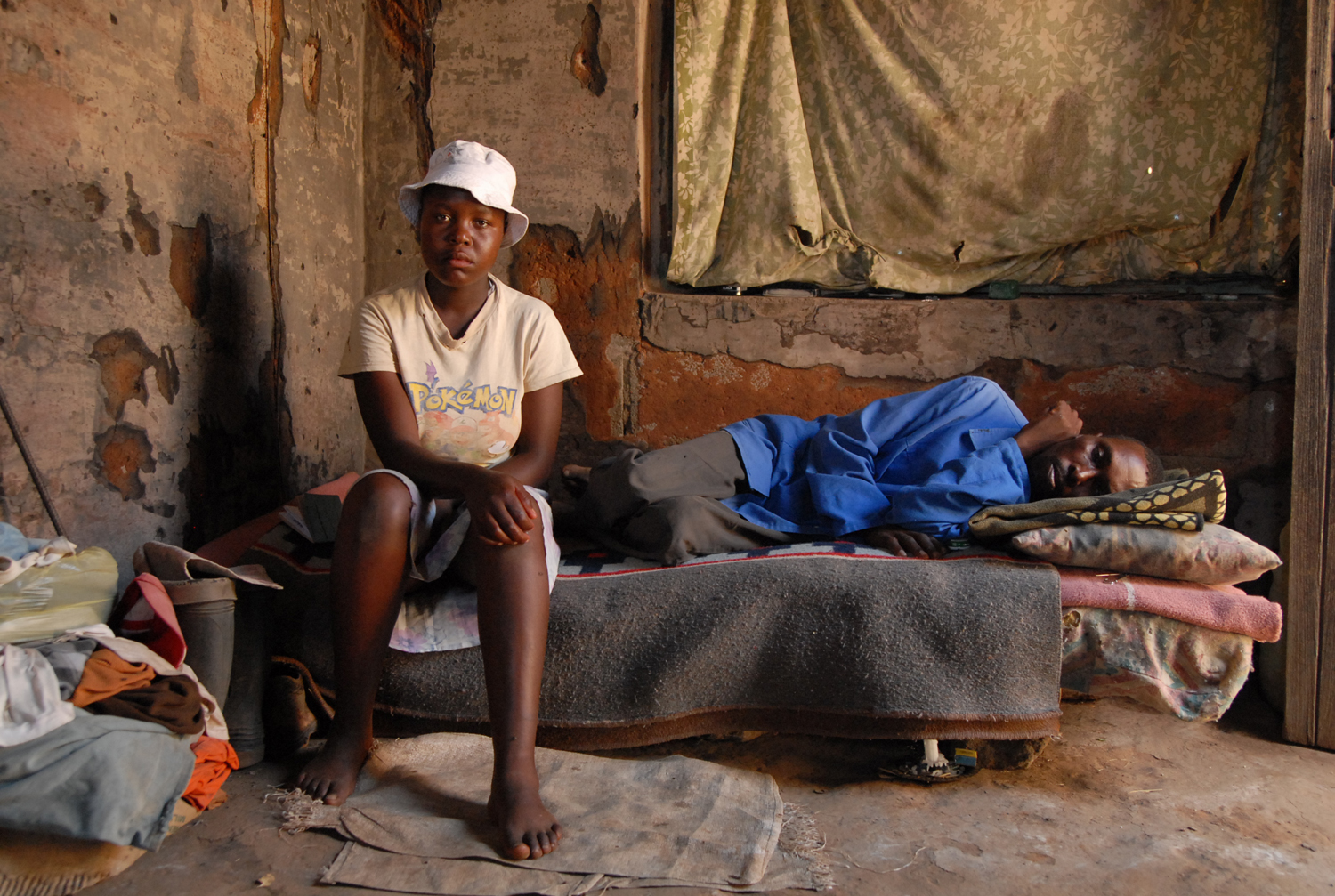In the run-up to the UN High-Level meeting on HIV/AIDS in June 2011, HIV activists from around the world are meeting in a series of consultations organized by UNAIDS to help set the agenda.
Extending antiretroviral (ARV) treatment to meet universal access targets will undoubtedly be on the agenda, but activists said there was a need to go beyond the numbers and examine how treatment improved the quality of life for HIV-positive people, many of whom live in pain.
Dr Natalya Dinat, head of palliative care at the Chris Hani Baragwanath Hospital, Johannesburg, one of South Africa's largest medical facilities, said the need for this service would grow as more patients access treatment, live longer and run an increased risk of cancer.
"People who are living with HIV know that pain is a very important and prevalent symptom," Dinat told IRIN/PlusNews. "If you look at the symptoms experienced in HIV and cancer, as a whole, people with HIV generally suffer more pain."
Recent research has shown that people whose lives are extended by ARVs face higher risks of HIV-associated cancers like Kaposi’s sarcoma, and even non-HIV-related forms of the disease, such as colon cancer.
About half the ARV patients with an undetectable viral load - the amount of HIV in the blood - reported experiencing pain, according to a recent survey at the hospital. Dinat said despite the high level of pain among HIV patients and its possible affects on their health, doctors rarely asked about it, opting instead to focus on quantifiable measures of health such as the viral load and the CD4 count, which measures the immune system's strength.
"We know untreated, chronic pain is associated with depression, it's associated with anxiety, it's associated with sleep disturbance, and it leads to a poorer quality of life," said Dinat, who urged delegates attending the meeting to commit to addressing the issue of palliative care in their countries.
About 60 percent of these patients also complained of problems with their feet, like numbness and tingling. "People's feet are sore, they're burning, they cannot walk and sometimes they cannot get to work," Dinat said. "Yes, it's good to live [because you have access to life-prolonging ARVs], but you must have a life too."
The right to be free from pain has become a human rights issue. In
2009 a Human Rights Watch report estimated that about 80 percent of the world's population had insufficient or no access to treatment for moderate to severe pain, including about one million HIV patients at the end of their lives. Africa accounts for less than one percent of the world's consumption of morphine, used for pain relief.
Despite high HIV prevalence rates in east and southern Africa, few countries provided much in the way of palliative care. Dinat said current leaders in the field included Uganda, Tanzania and Botswana, while programmes in Kenya were in their infancy. The World Health Organization and UNAIDS provided palliative care guidelines, but she was disappointed in their accuracy, detail and lack of practical advice for health workers.
"You don't need a specialist to do palliative care - community care workers, nurses, anyone can do it if the national frameworks and policies are there," Dinat told IRIN/PlusNews. "[People] don't just want to live, they want to live with a capital 'L', and not hobble around in pain."
llg/kn/he
This article was produced by IRIN News while it was part of the United Nations Office for the Coordination of Humanitarian Affairs. Please send queries on copyright or liability to the UN. For more information: https://shop.un.org/rights-permissions





